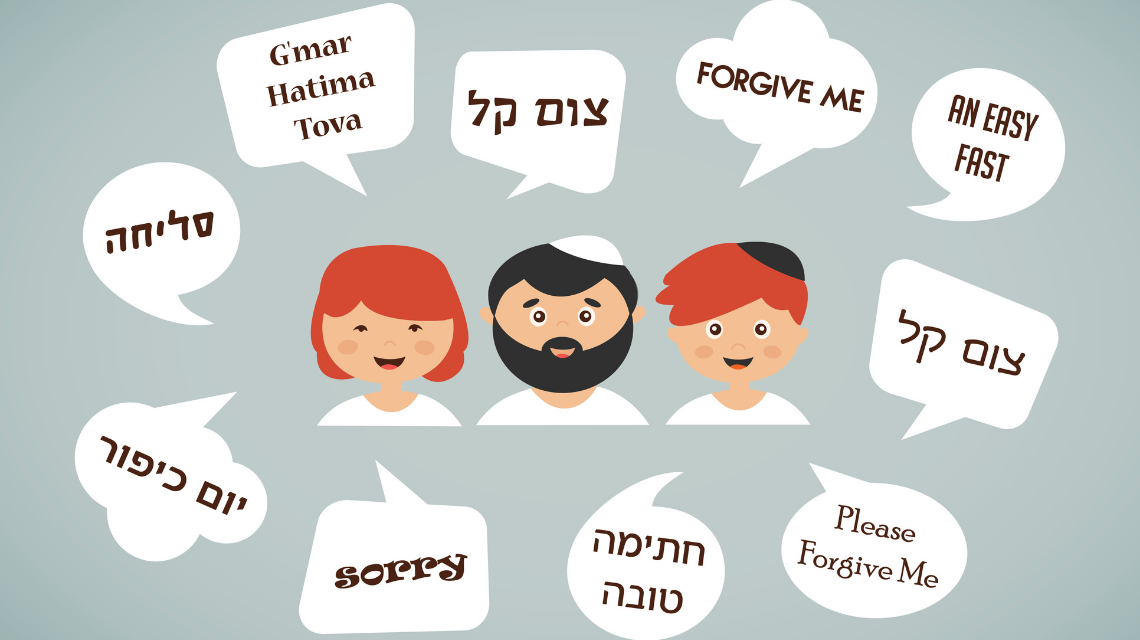
Yom Kippur: It’s More than “Sorry!”
By Rabbi Brad Horwitz
Due to the Covid-19 pandemic, we all have spent more time at home, and, for some, this has meant more board games. One of my favorite board games growing up was the game “Sorry!” The object of the game is to move your game pieces all the way around the board. The first to do this wins. The challenge along the way is that other players try to knock your pieces back to the start. The word “Sorry!” is usually spoken out loud when someone must go back to the beginning. Those of us who play this game know that the proclamation “Sorry!” may seem like an apology, but it has more of the meaning of “ha, ha –too bad for you.” It is often said sarcastically, and no one really is trying to apologize at all. The game of “Sorry” is not about forgiveness, it’s about beating your opponent.
I’m afraid that the term “sorry” is losing much of its original meaning in our daily lives as well. How many times do we utter these words without much intention? How many times do we say sorry, not because we feel bad or are ashamed of what we did, but just because we want another person to like us? How many times a day do we commit a wrong, say “I’m sorry,” and then repeat the wrong a week, a day or even an hour later? Children especially use these words a lot, but I’m not convinced that their motivations are entirely pure either.
The time of the year has arrived when we are supposed to ask for forgiveness. Yom Kippur is a chance to clean our souls and go through the process of asking forgiveness for all the wrongs we have committed over the past year. This year, in particular, the extra level of anxiety and frustration may have caused some to act in ways that may necessitate a few extra apologies. This is an enormous challenge if we take it seriously. Saying “I’m sorry!” is an important first step, but that is relatively easy compared to the spiritual transformation we must go through to do true repentance or tshuvah.
Maimonides, a famous medieval Jewish scholar, wrote a whole volume of legal discourse on the topic of repentance in the Mishneh Torah. He writes, “What constitutes complete repentance? He who is confronted by the identical situation wherein he previously sinned and it lies within his power to commit the sin again, but he nevertheless does not succumb because he wishes to repent, and not because he is too fearful or weak [to repeat the sin.]” (Mishneh Torah “Laws of Tshuvah” 2:1)
This is a powerful insight. Saying “I’m sorry!” is not enough. The process of repentance is not complete until we have the opportunity to commit the same offense and restrain ourselves. It is no accident that the word for repentance, Tshuvah comes from the Hebrew word meaning “return.” Tshuvah involves a transformation of our soul, not merely an act of speech. It is a return to a holy state of being, a return to God.
This Yom Kippur, I hope we all have the courage and strength to look deeply within our hearts and search our souls. Saying sorry is essential on the path to seek forgiveness and becoming a better human being. But let’s go one step further and do complete Tshuvah by resolving to change our behavior and grow during the coming year.
May we all be inscribed and sealed in the Book of Life for a happy and healthy year!
